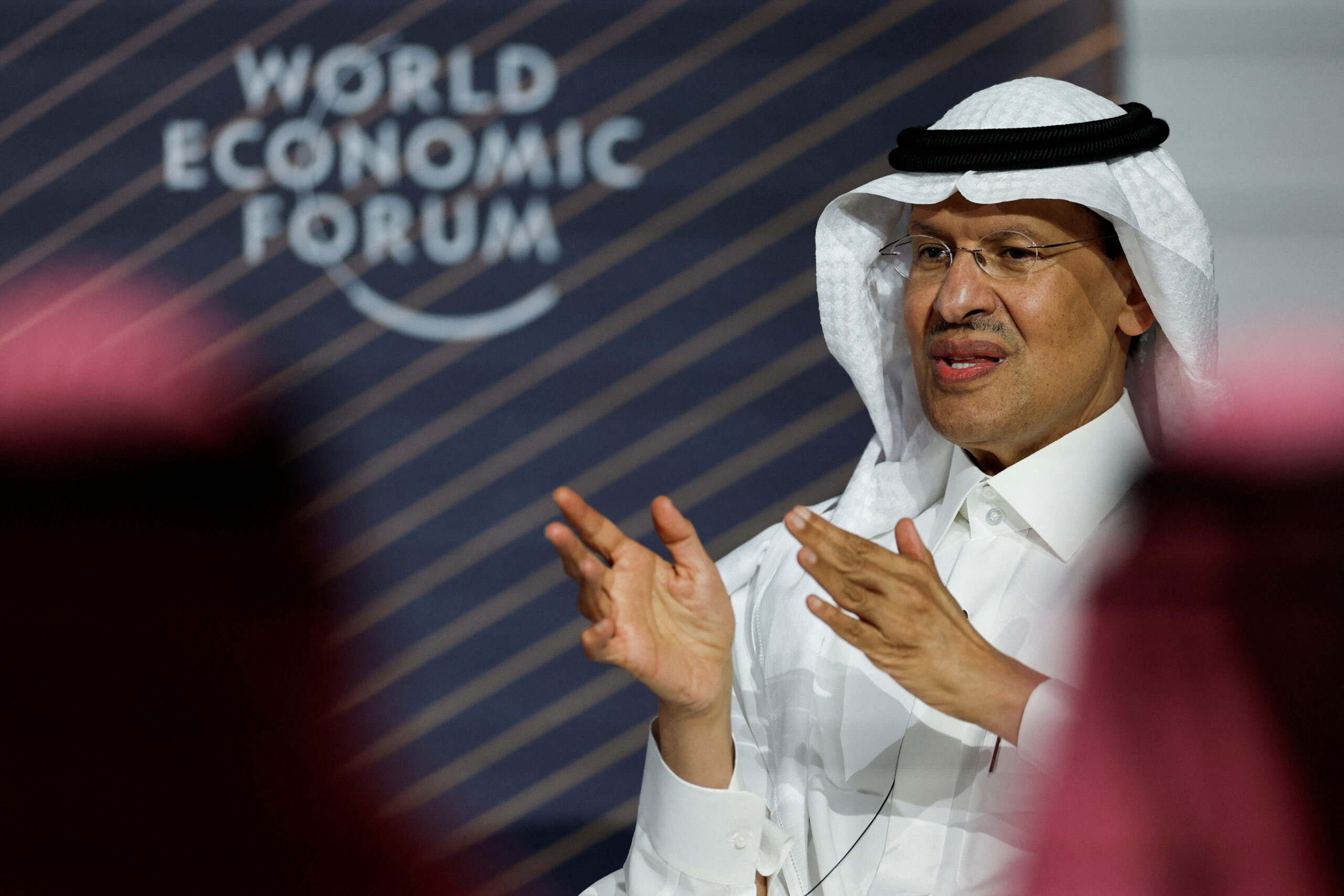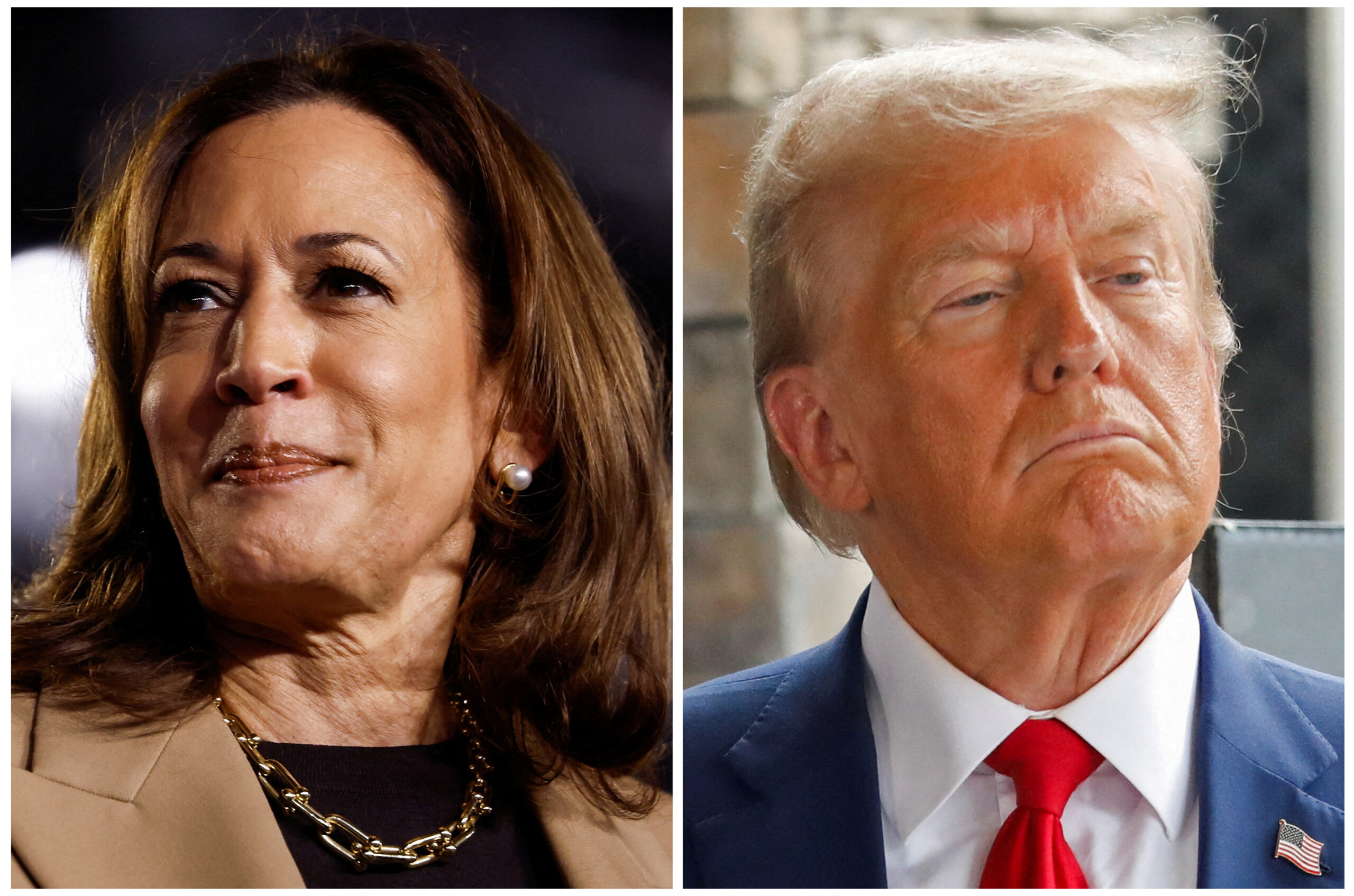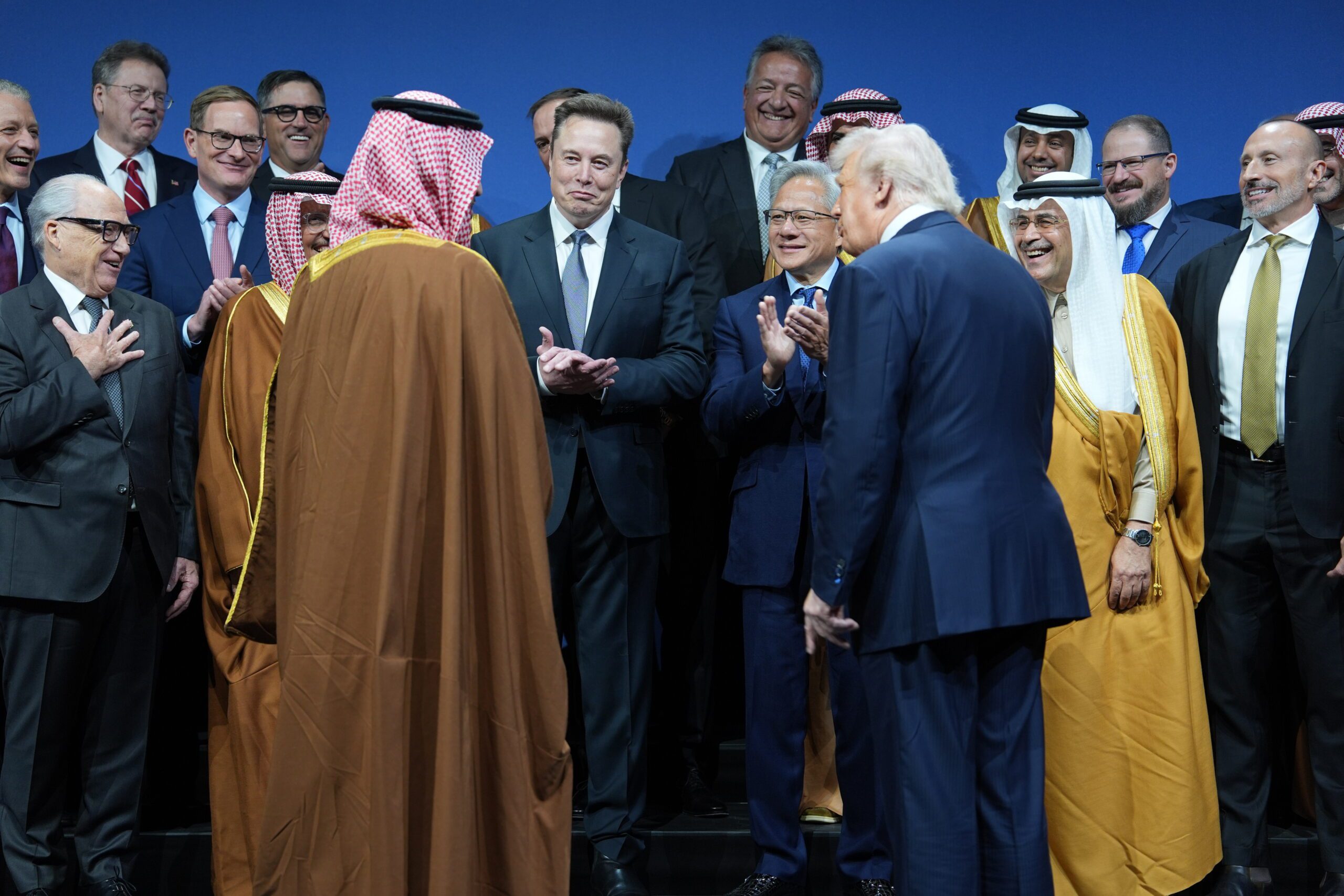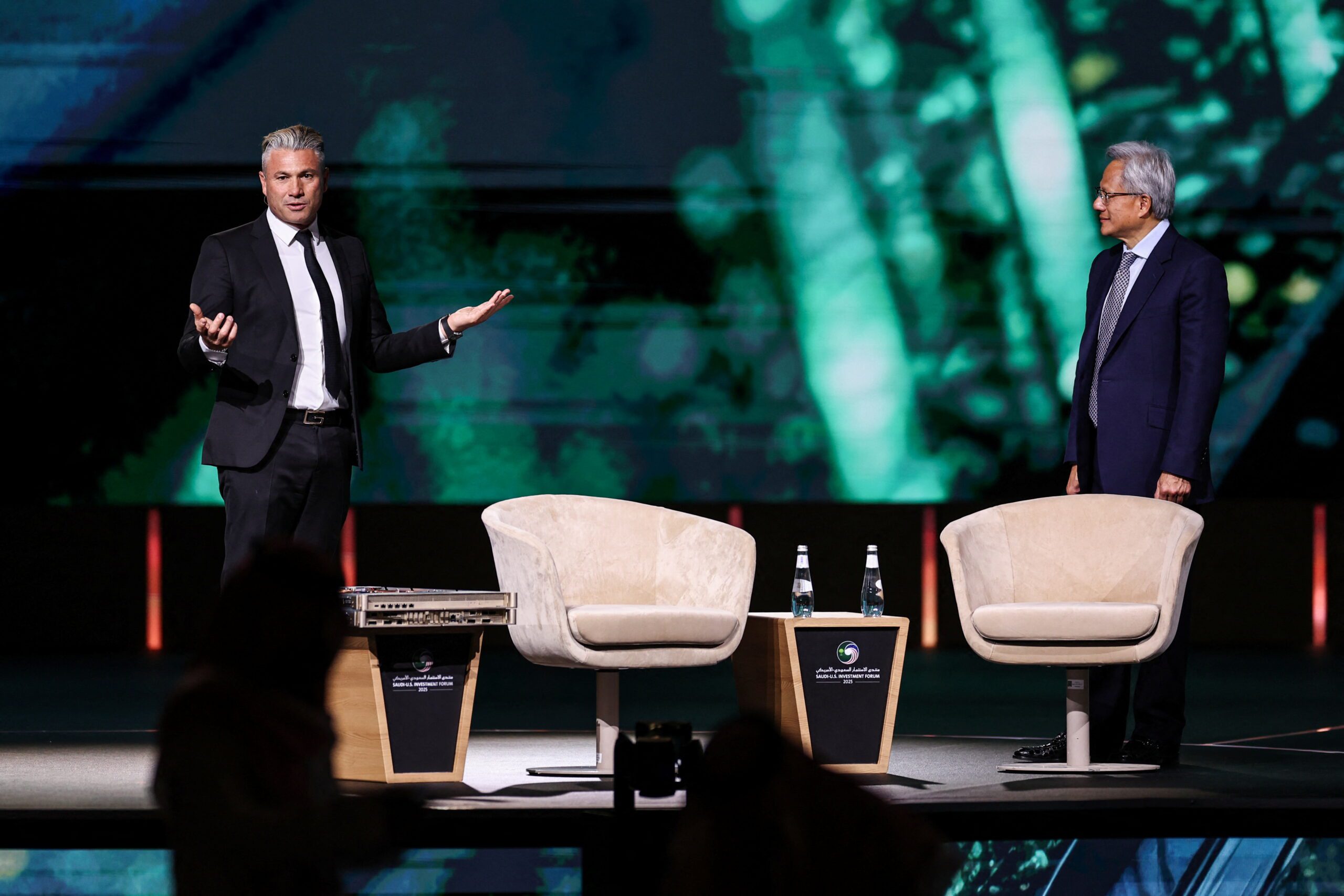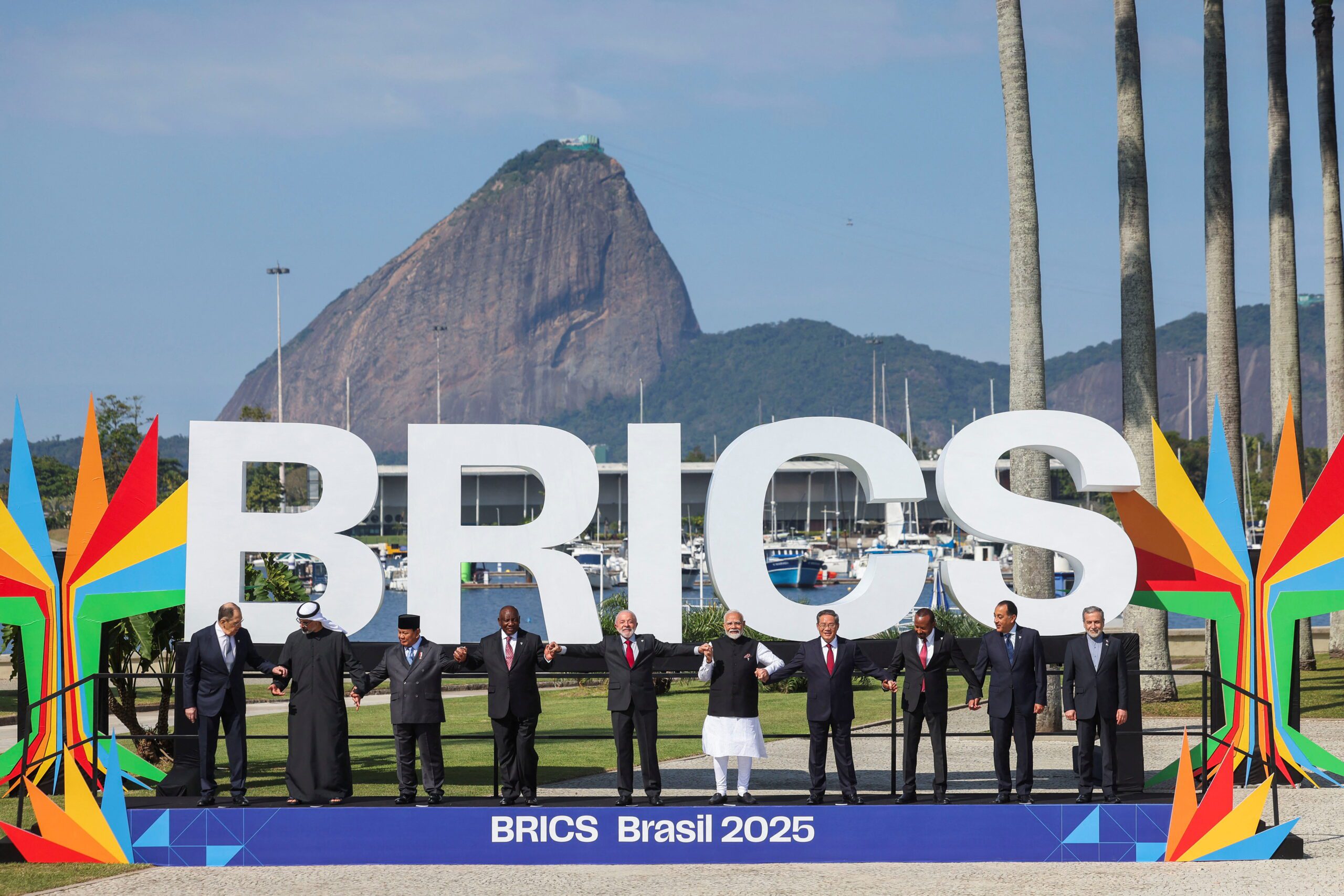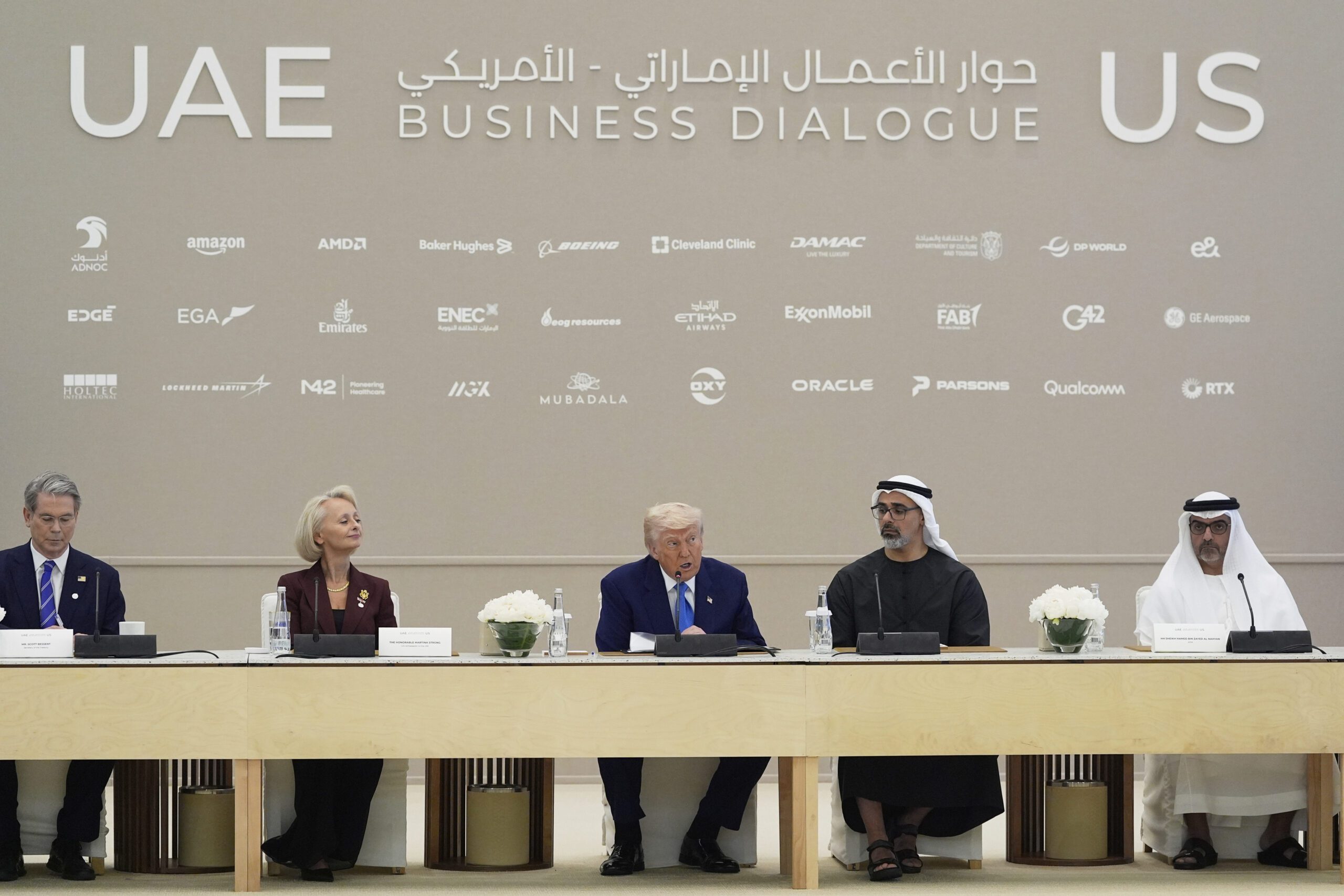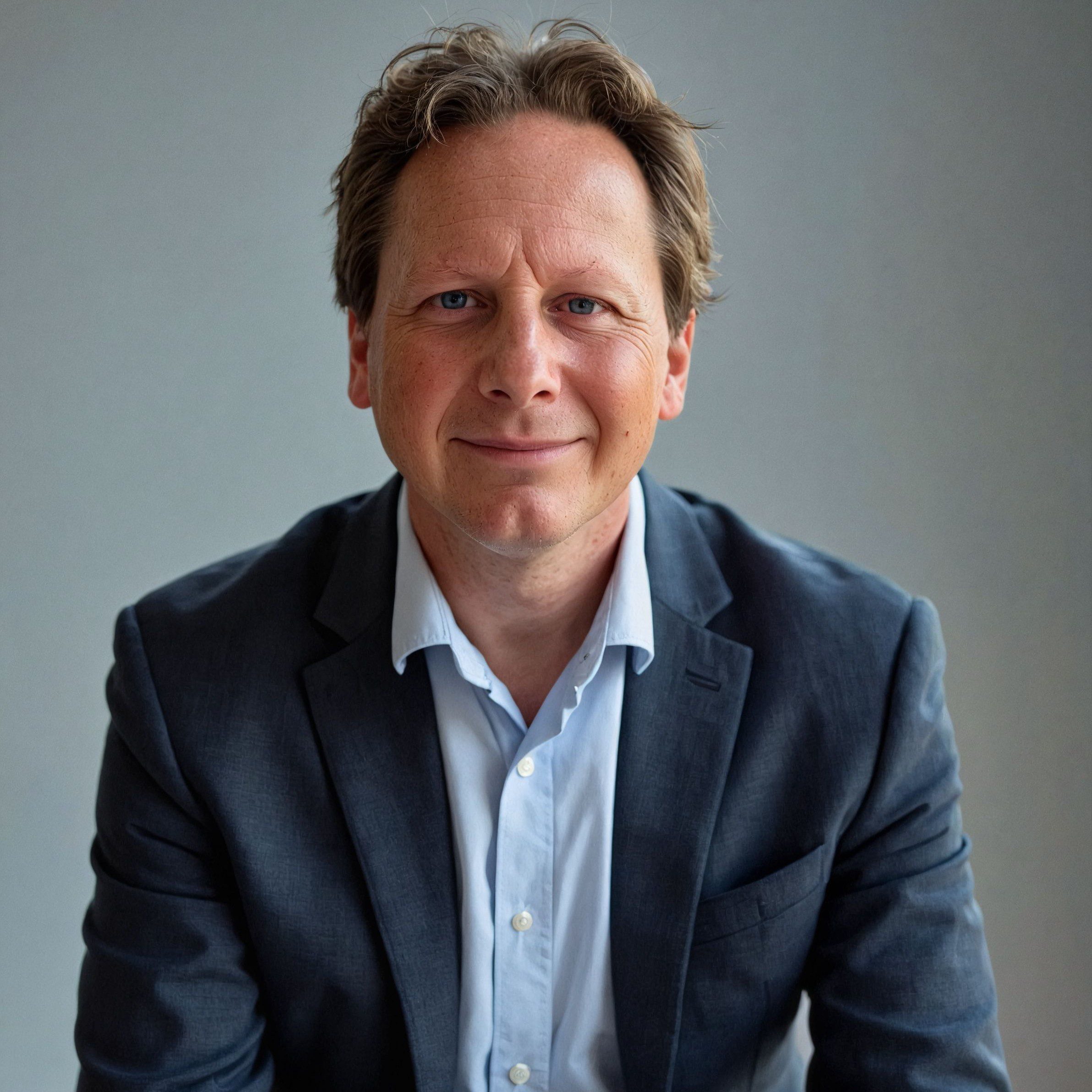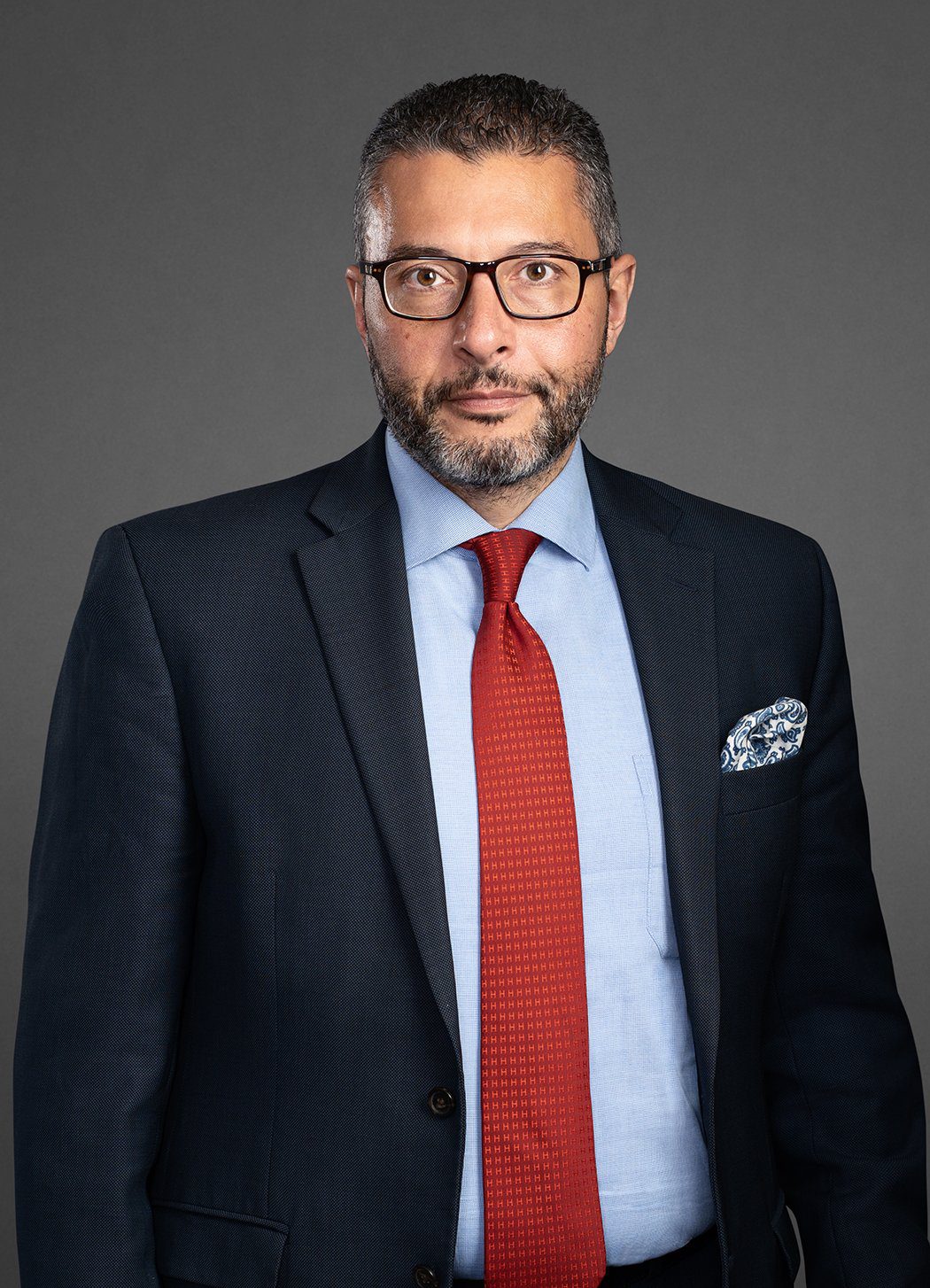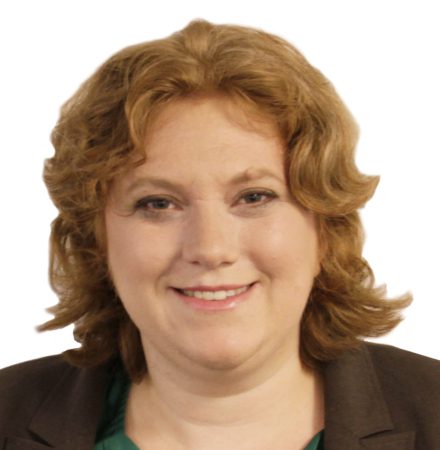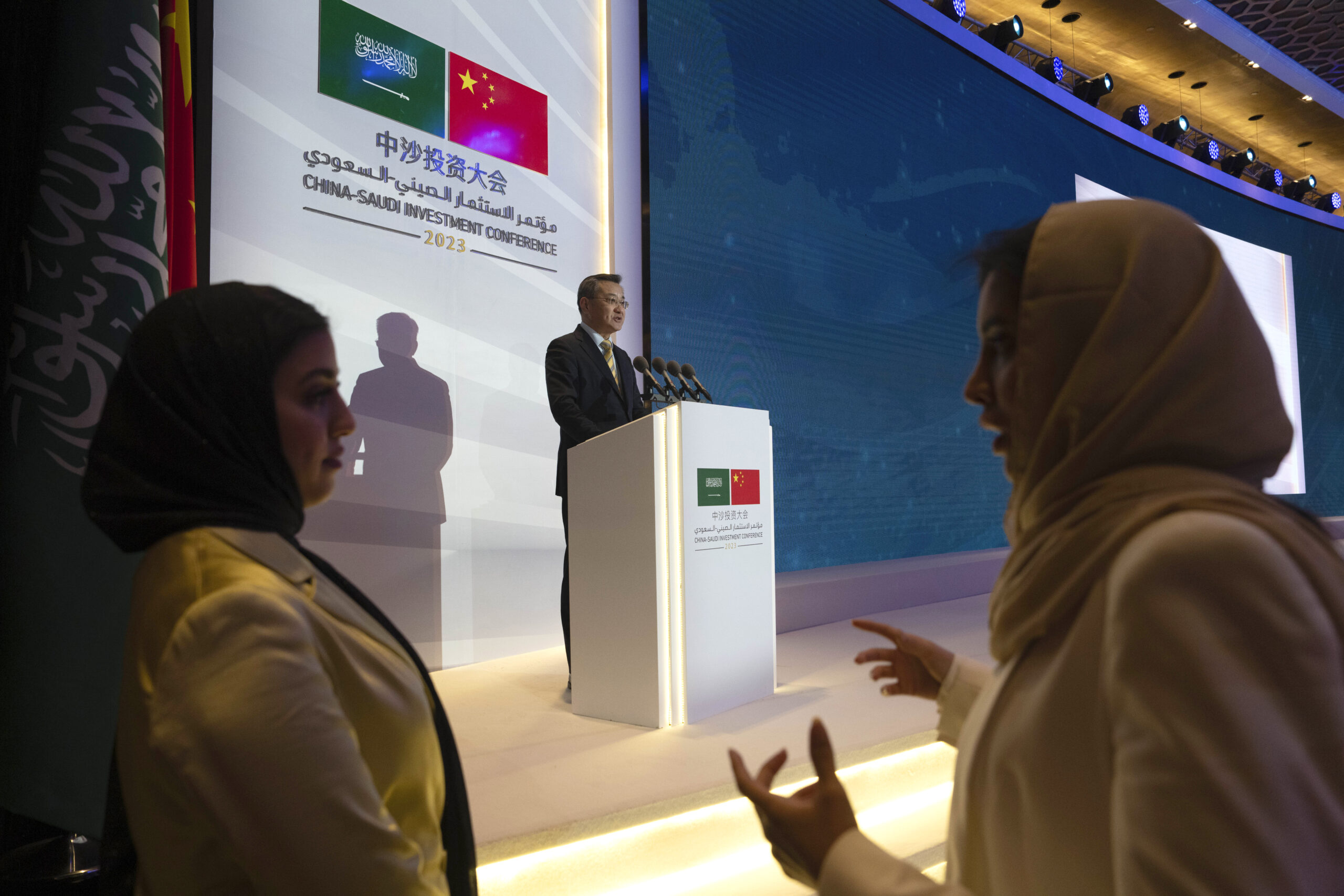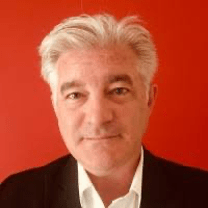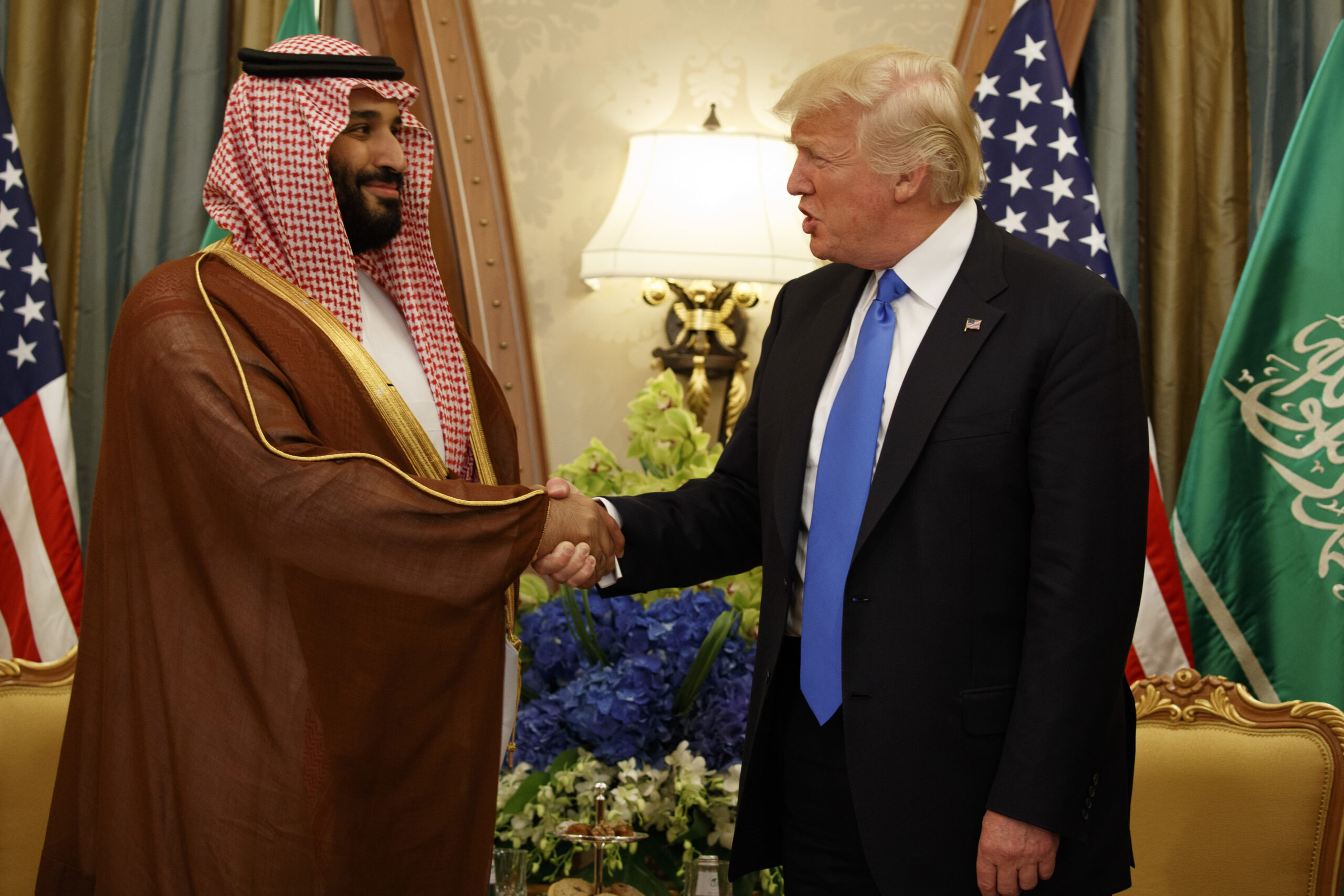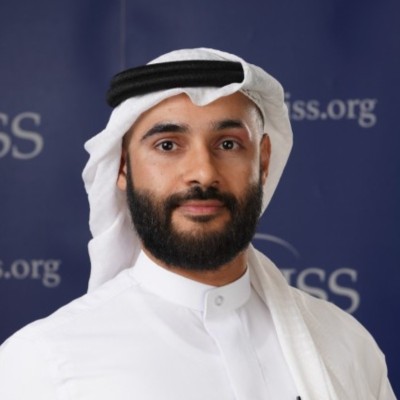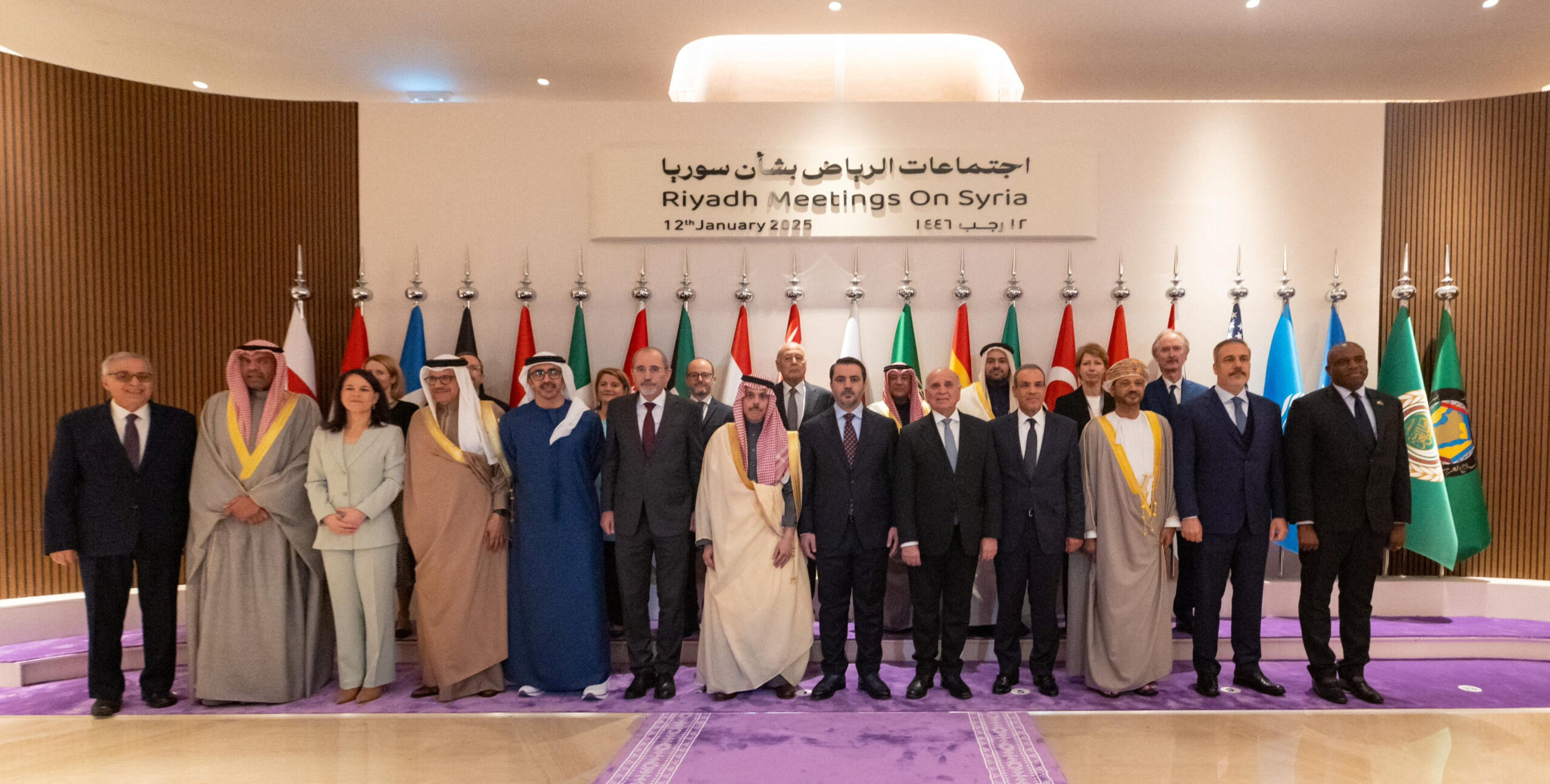Trump’s Commercial Influence in the Gulf
Whether or not former President Donald J. Trump wins the presidency for a second time, his commercial brand will remain a visible feature of the Gulf region.
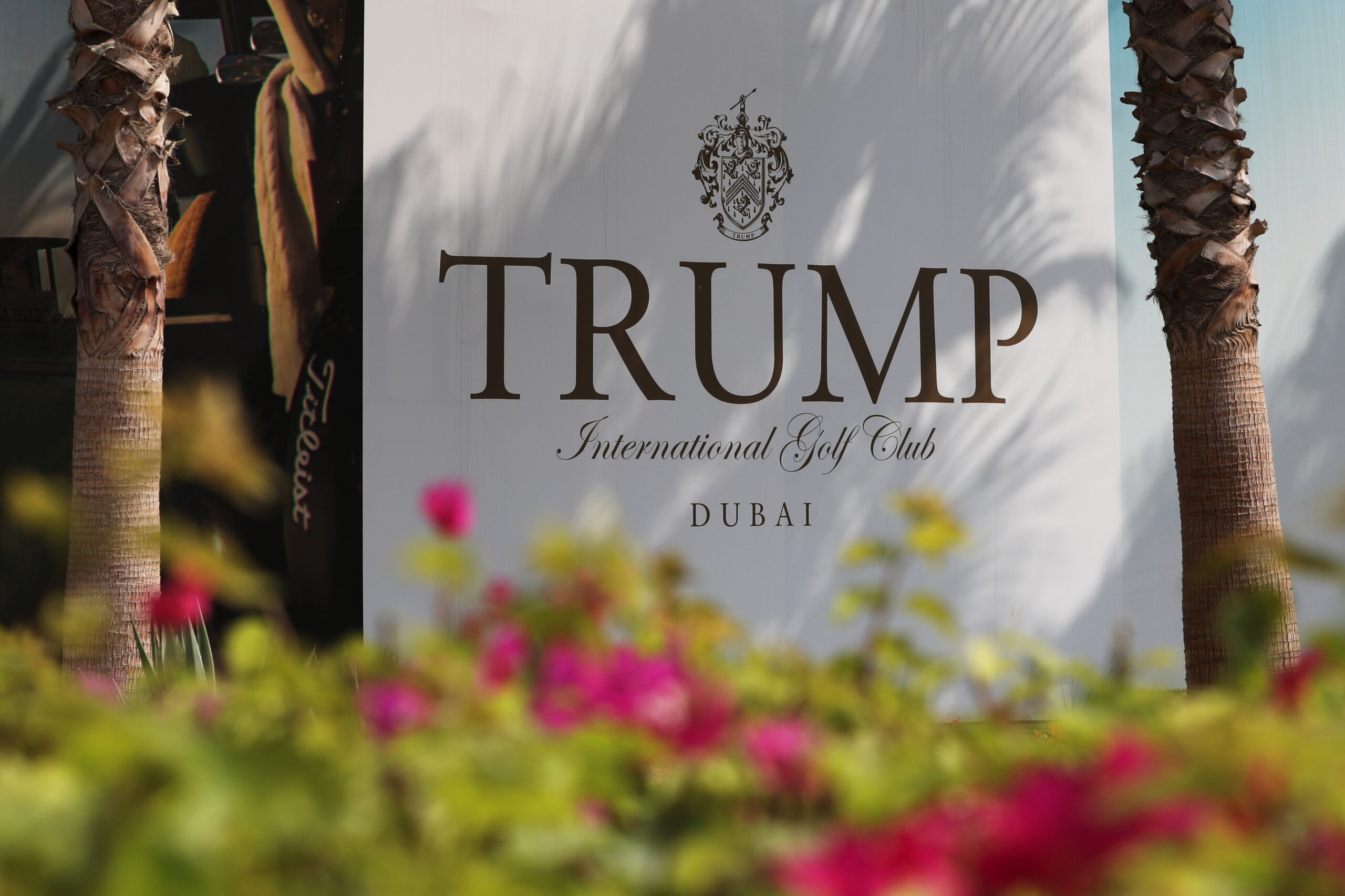
This publication is part of AGSIW’s U.S. Presidential Election series.
Eric Trump, the executive vice president of the Trump Organization, stated that his father “loves” the United Arab Emirates and hopes to visit on an official trip if reelected in the upcoming U.S. presidential election. The UAE president, Mohammed bin Zayed al-Nahyan, recently visited the Republican presidential candidate, former President Donald J. Trump, as part of his official visit to the United States in late September. Whether or not Trump wins the presidency for a second time in November, his brand – and varying degrees of commercial influence – will remain a visible feature of the Gulf region.
Among the most recent and notable reflections of the Trump brand in Gulf countries are planned towers and other luxury real estate developments in Saudi Arabia, the UAE, and Oman. In July, the Trump Organization and DarGlobal announced plans to develop a luxury Trump Tower in Jeddah, Saudi Arabia. “We are thrilled to expand our footprint in the Middle East and bring the Trump standard of luxury to the region through our long-standing relationship with Dar Global,” said Eric Trump about the project.
Later in July, the Trump Organization and DarGlobal unveiled similar plans for a high-rise tower in Dubai. The project is expected to include a Trump hotel and branded residential units. The Trump Organization and DarGlobal have also been active in Oman, where the two businesses are working with Omran Group – the country’s tourism development entity – on the multipurpose development project AIDA. The “gated community and golfing destination” is expected to host a hotel, villas, and a golf complex.
There is a strong and pervasive investment focus to the Omani development initiative. Even individual rooms in the planned Trump hotel are investable assets, as investors can own a room and earn a share of the income generated from guests as well as enjoy two complimentary weeks of holiday stays each year. The expansive initiative is expected to be completed in 2028.
The Gulf thread that weaves together these three real estate projects in Saudi Arabia, the UAE, and Oman is DarGlobal, a subsidiary of Riyadh-headquartered Dar Al Arkan. The Saudi real estate development company was established in 1994, is listed on the Saudi stock exchange, and oversees assets estimated at $8.25 billion. The London-listed subsidiary DarGlobal was established in 2017 to facilitate international expansion in the global luxury real estate market. The international arm of the company expects to invest $300 million to develop luxury homes in the United States as part of its global portfolio.
Reoccurring commercial partnerships involving regional business actors also apply to two golf clubs associated with the Trump Organization in Dubai. Trump International Golf Club is currently operating in the DAMAC Hills development community of Dubai. The Trump World Golf Club, which is “coming soon,” will include an 18-hole golf course designed by Tiger Woods. DAMAC Properties – a subsidiary of Emirati conglomerate DAMAC Group – has led the construction of these golf projects, but each will be “operated” by the Trump Organization.
A sectoral synergy helps explain the presence of the Trump brand across the Gulf. Many of Trump’s businesses revolve around hotels, golf courses, commercial and residential real estate, and the licensing of his name. These economic activities overlap with development priorities in Gulf countries, where ambitious real estate projects, tourism initiatives, major sporting events, and entertainment offerings are key drivers of country visions and associated transformation agendas. For example, Saudi Arabia’s Neom gigaproject includes Gidori – an “exclusive residential golf community” in the coastal hills of the Gulf of Aqaba (though there is no indication of a partnership with the Trump Organization).
The luxury domain represents another area of commercial compatibility between Trump and Gulf economic trajectories. Trump’s global business empire displays a strong luxury focus – whether luxury hotels, elite resorts, or a $100,000 Tourbillion Victory watch. Many Gulf government and business actors see value in promoting luxury offerings, too. Local and foreign high-net-worth individuals are an important demographic target and consumer segment in Gulf countries. Large and sustained inflows of such individuals to the UAE are critical for the Emirati economy. The Saudis would like to attract more wealthy investors and residents, and many of the country’s new development initiatives cater to wealthy Saudis and Gulf citizens. And other Gulf countries boast various niche luxury offerings.
The Gulf’s credentials as a global financial hub (Abu Dhabi is increasingly known as the “Capital of Capital”) have attracted the attention of Trump’s family members and associates. Affinity Partners, the private equity fund of Jared Kushner, Trump’s son-in-law and former advisor, reportedly received $2 billion from the Saudi sovereign wealth fund, the Public Investment Fund, and additional investments from investment funds in the UAE and Qatar. Former Treasury Secretary Steven Mnuchin also launched a private equity firm, Liberty Strategic Capital, which reportedly raised more than $1.5 billion from several Gulf sovereign wealth funds.
There are likewise commercial engagements between Gulf business entities and Trump Organization properties in the United States. LIV Golf, which runs a professional golf league and has backing from the PIF, has hosted several events at Trump properties. The 2024 LIV Golf Miami event took place at the Trump National Doral Golf Club for a third consecutive year.
Trump’s business empire involves foreign business dealings, including in Gulf countries. Established and new projects associated with the Trump Organization are part of the Gulf region’s commercial landscape. If he were to be reelected, the overseas business activities of the Trump Organization would likely face renewed scrutiny for potential conflicts of interest. However, the presence of the Trump brand and varying degrees of commercial influence related to the former president across the Gulf are unlikely to diminish, regardless of the outcome of the November election.
The views represented herein are the author's or speaker's own and do not necessarily reflect the views of AGSI, its staff, or its board of directors.


